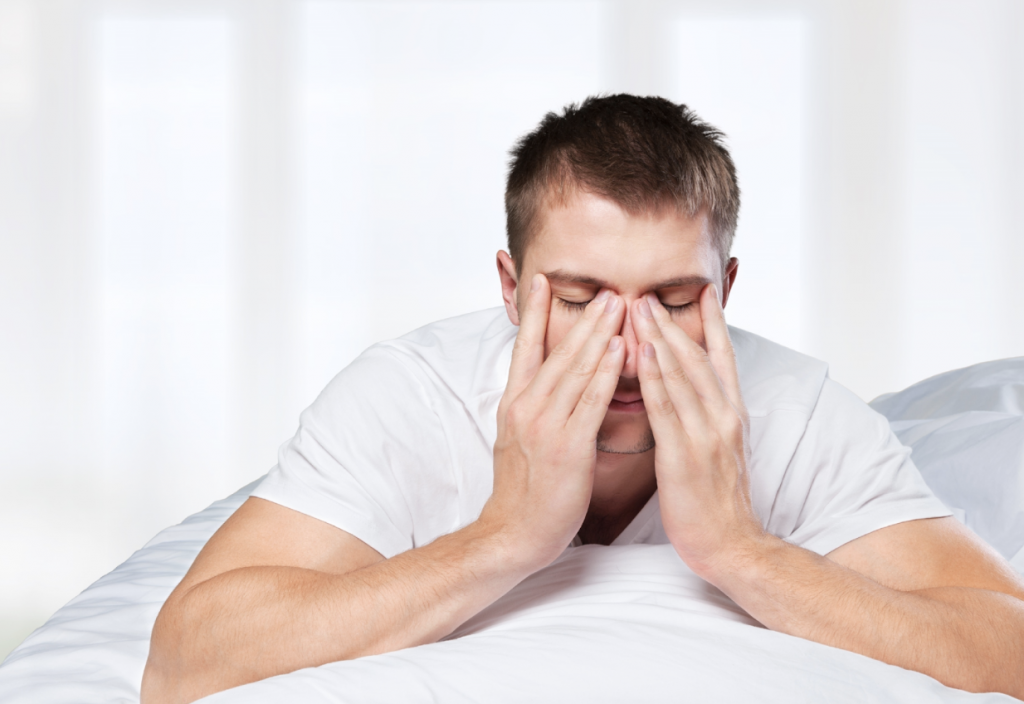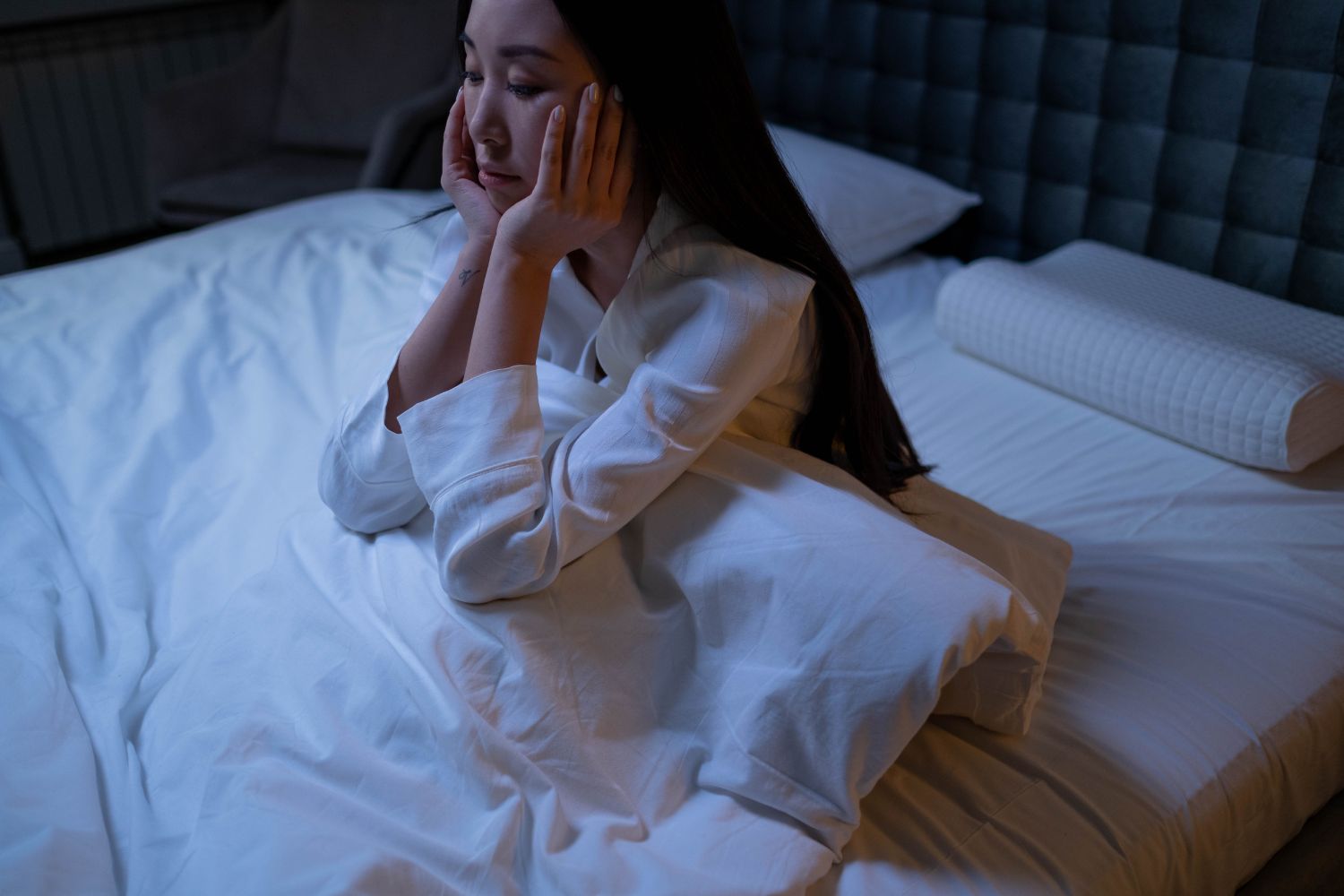
Waking up in the middle of the night can be frustrating, especially if it is a continuous problem. Sleep stress or insomnia can cause considerable sleep deprivation and have significant effects on your overall health.
Causes of stress
Stress is considered by most sleep experts to be the No. 1 cause of short-term sleeping difficulties. Common triggers include:
- School or job related pressures
- A family or marriage problem
- A serious illness or death in the family
Usually the sleep problem disappears when the stressful situation passes. However, if short-term sleep problems such as insomnia aren’t managed properly from the beginning, they can persist long after the original stress has passed.
Without realising it, you may be doing things during the day or night that can work against getting a good night’s sleep. These include drinking alcohol or beverages containing caffeine in the afternoon or evening, exercising close to bedtime, following an irregular morning and night time schedule, and working or doing other mentally intensive activities right before or after getting into bed.
According to the National Institutes of Health, about 30-40% of adults say they have some symptoms of insomnia within a given year, and about 10-15% of adults say they have chronic insomnia.
According to the National Institutes of Health, about 30-40% of adults say they have some symptoms of insomnia within a given year, and about 10-15% of adults say they have chronic insomnia.
Causes of insomnia
The word ‘insomnia’ comes from the Latin ‘in’ (no) and ‘somnus’ (sleep), so it literally means ‘no sleep’, or the inability to sleep. Insomnia is an experience of inadequate or poor quality sleep as characterized by one or more of the following sleep complaints:
- Difficulty initiating sleep
- Difficulty maintaining sleep
- Waking too early in the morning
Sleep specialists classify insomnia in two primary categories: acute and chronic.
Short-term or acute insomnia
Often due to a temporary situation such as stress, jet lag, change or loss in a job or relationship, can last up to 1 month and is treatable. It is important to address the underlying cause. Effective and safe prescribed medication can help.
Long-term or chronic insomnia
Experienced for a month or longer, can be due to secondary causes such as medical, physical or psychological conditions, other sleep disorder or medications and substances. It is essential to get a medical diagnosis.

Treating insomnia
Fortunately, there are treatment options available for insomnia, ranging from behavioural therapy to the use of prescription medicines, or a combination of both.
Although the specific causes of insomnia differ from one person to another, there are some general habits you can adopt that may help you sleep better. Not all practices may apply to everyone with insomnia, so you may want to focus on one or two that seem particularly relevant to your situation.
Sleep experts recommend the following tips to help you overcome sleep problems:
- Establish a regular bedtime routine and a regular sleep-wake schedule.
- Don’t spend too much time in bed.
- Do not eat or drink too much before bedtime.
- Create a sleep-promoting environment that is quiet, dark, cool and comfortable.
- Consume less or no caffeine, in particularly the later part of the day.
- Avoid alcohol and nicotine, especially close to bedtime.
- Exercise, but not within three hours before bedtime.
- Avoid naps, particularly in the late afternoon or evening.
- Keep a ‘sleep diary’ for two weeks to record sleep and health habits; share this record with your doctor or other healthcare professional
